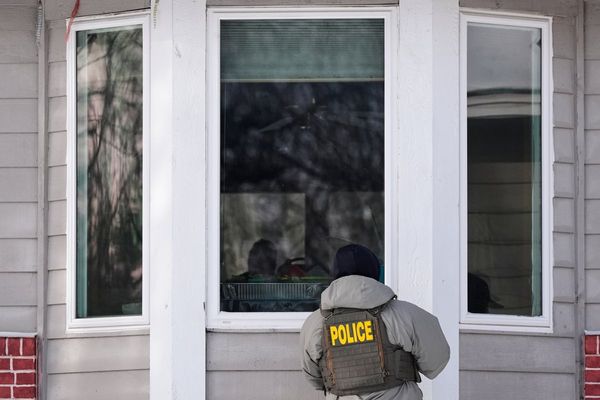Last week, I submitted a comment to the Supreme Court of Texas. In short, I argued that SCOTX should discount the opinions of the law school deans, as they do not represent the public interest. I've now reviewed the letter signed by deans from eight law schools, including my own. With respect, I did not find this letter very persuasive. Indeed, if this is the best the law deans can muster, then SCOTX should seriously reconsider what value the ABA provides. By contrast, the letter from University of Texas Dean Bobby Chesney offers a candid and realistic assessment of the costs and benefits of the ABA.
Let's walk through the primary letter, which I suspect was drafted by Dean Leonard Baynes at the University of Houston Law Center. (As a general rule, the lead signature usually belongs to the primary mover.)
First, the letter states that the ABA provides a "baseline of educational quality that correlates with higher bar passage rates." Baylor Law School, which signed the letter, consistently leads the state with a bar passage rate over 90%. Other schools that signed the letter routinely have a passage rate in the 70% range. Does anyone think that the ABA accreditation provides a "baseline" to determine bar passage? No. Bar passage is a combination of incoming class credentials, combined with the "secret sauce." The ABA does require that law schools maintain a minimum level of bar passage. The Supreme Court of Texas could easily impose the same requirement.
Second, the letter contends that removing the ABA's role would harm "the unserved and underrepresented, exacerbating existing access to justice challenges in Texas." Quite the opposite. The ABA is a cartel, which creates massive barriers to entry, and increases the cost of legal education. There are currently no law schools in the Rio Grande Valley, parts of East and West Texas, and the Panhandle. Those markets could be served through innovative approaches. If SCOTX moved on from the ABA, law schools could innovate, and there would be more opportunities to promote access to justice.
Third, the Deans actually complain that removing the ABA's role would make it harder for U.S. News to calculate rankings. This argument may seem persuasive to Deans, but I doubt the Supreme Court of Texas will care much about what a (former) magazine publishes. And it wouldn't be hard for SCOTX to require law schools in Texas to publish these numbers. Indeed, I agree with Seth Chandler that accreditation should move to a formula based on such outputs.
Fourth, the Deans assure SCOTX that the DEI standards are "suspended" Yet, after Students for Fair Admissions, but before Trump's elections, many of these Deans vigorously defended the DEI standards. I am not at all confident the ABA can be trusted if the Damoclean sword is eliminated.
At bottom, all the Deans have to rely on is portability. They worry that students who do not plan to practice in Texas will not attend their schools. But as I explained in my comment, accommodating the needs of students who wish to leave Texas is not exactly in the best interest of Texas.
I think a far better statement comes from UT Law Dean, Bobby Chesney. (It does not seem the Dean of Texas A&M submitted a letter). Chesney explains how the ABA's standards do not simply set a minimum baseline, but instead try to impose "best practices." For example, the current "experiential learning" rule would impose handcuffs on law schools:
Even so, when the ABA Standards not long ago were amended to require every law school to change their graduation requirements such that every student (no matter their career goals and no matter the school's resources) must spend at least six of their credits taking experiential courses, it seemed to many to be an example of the Council growing increasingly comfortable imposing its conception of best practices rather than confining itself to policing the baseline adequacy of the schools. But that original intervention was minor compared to the proposed expansion of this rule currently on the table.
Chesney closes with a call for change:
From that perspective, a well-designed alternative pathway should turn on an intentionally-parsimonious set of benchmarks for baseline adequacy, thus leaving maximum room for innovation. If well chosen, those benchmarks might actually be relatively administrable. They might consist, for example, of relatively-objective input measures such as the credits and particular courses required for graduation, the quantity and qualifications of the faculty, grading policies, etc. But in the spirit of innovation, they probably should as much or more emphasize outcome measures, especially bar passage, employment percentages, and cost-to-salary ratios.
One could err on the side of taking great risk in this way, in hopes of unleashing exciting innovations. Or one could err the other way, cracking the door open only to a limited degree by keeping the benchmarks (particularly requisite bar passage levels) demanding. Either way, however, it would be fascinating to see what might arise should the Court reopen such a pathway given the current climate of innovation, change, and cost concerns. I hope the Court will give some version of it a shot; it seems the Texas thing to do.
I agree with Chesney.
The post The Texas Law Deans Provide A Weak Defense of the ABA's Accreditation Role appeared first on Reason.com.







